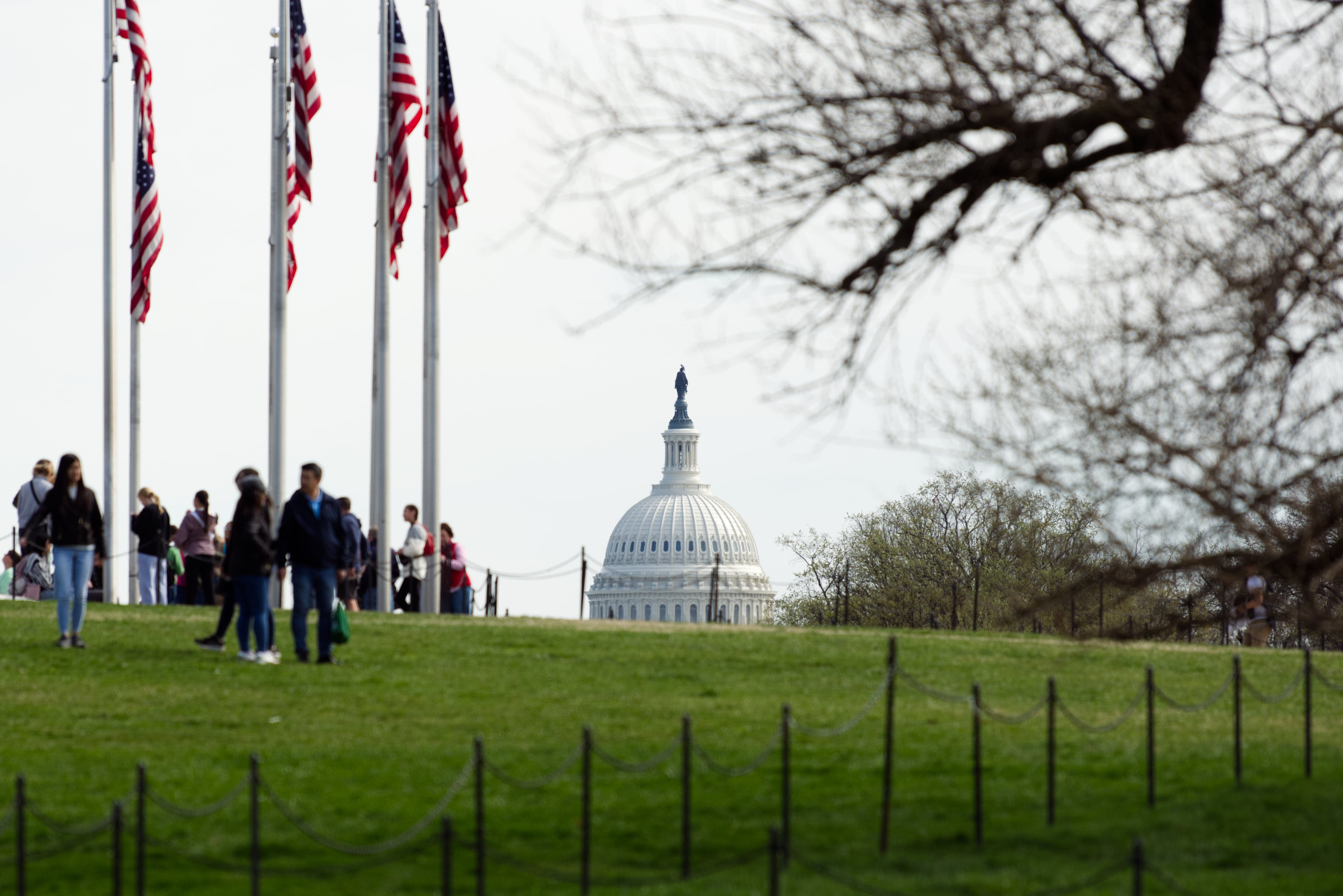WASHINGTON — The 28 pages of newly declassified material from the 9/11 Commission released Friday by Congress show multiple links to associates of Saudi Arabian Prince Bandar, the former longtime ambassador to the United States.
The pages, sent to Congress by the Obama administration, have been the subject of much speculation over what they might reveal about the Saudi government's involvement in the attacks masterminded by terrorist Osama bin Laden when he led al-Qaeda.The pages were used by the 9/11 Commission as part of its investigation into the intelligence failures leading up to the attacks.
A telephone number found in the phone book of al-Qaeda operative Abu Zubaida, who was captured in Pakistan in March 2002, was for an Aspen, Colorado, corporation that managed the "affairs of the Colorado residence of the Saudi Ambassador Bandar," the documents show.
Osama Bassnan, who the documents identify as a financial supporter of two of the 9/11 hijackers in San Diego, received money from Bandar, and Bassnan's wife also got money from Bandar's wife.
"One at least one occasion," the documents show, "Bassnan received a check directly from Prince Bandar's account. According to the FBI, on May 14, 1998, Bassnan cashed a check from Bandar in the amount of $15,000. Bassnan's wife also received at least one check directly from Bandar."
The top two members of the House Intelligence Committee cautioned that much of the information in the newly released pages were not "vetted conclusions."
"It's important to note that this section does not put forward vetted conclusions, but rather unverified leads that were later fully investigated by the Intelligence Community," said Rep. Devin Nunes, R-Calif. and the committee chairman, in a statement. "Many of the Intelligence Community's findings were included in the 9/11 Commission report as well as in a newly declassified executive summary of a CIA-FBI joint assessment that will soon be released by the Director of National Intelligence."
Rep. Adam Schiff of California, the panel's senior Democrat, said he hopes the newly released pages will reduce the continued speculation over Saudi involvement.
"I hope that the release of these pages, with appropriate redactions necessary to protect our nation's intelligence sources and methods, will diminish speculation that they contain proof of official Saudi Government or senior Saudi official involvement in the 9/11 attacks," Schiff said in a statement. "The Intelligence Community and the 9/11 Commission...investigated the questions they raised and was never able to find sufficient evidence to support them. I know that the release of these pages will not end debate over the issue, but it will quiet rumors over their contents — as is often the case, the reality is less damaging than the uncertainty."
The 9/11 Commission did not actually write the newly released pages. Instead, the pages were part of the material the panel reviewed. The commission's chairmen have described the pages in the past as information based almost entirely on raw, unvetted material received by the FBI and handed over to House and Senate intelligence committees in 2002 as part of an earlier investigation of 9/11.
Current and former members of Congress have been calling for the pages to be declassified and released for more than a decade.
The 9/11 Commission concluded in its report that senior Saudi officials did not knowingly support the terrorist plot to attack the United States. The panel also found "no evidence that the Saudi government as an institution or senior Saudi officials individually funded" al-Qaeda.
While the 9/11 Commission found no evidence that senior Saudi officials were involved in the 9/11 attack, the report did criticize the Saudi government for tolerating and sometimes fanning the flames of radical Islam by funding schools and mosques around the world that spread extreme ideology. The report also noted that some rich Saudis gave money to charities with terrorist links.
Fifteen of the 19 terrorists who hijacked planes on 9/11 were Saudi nationals.





